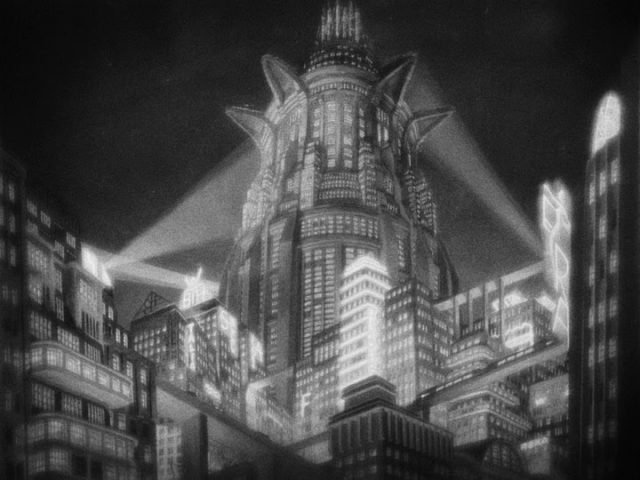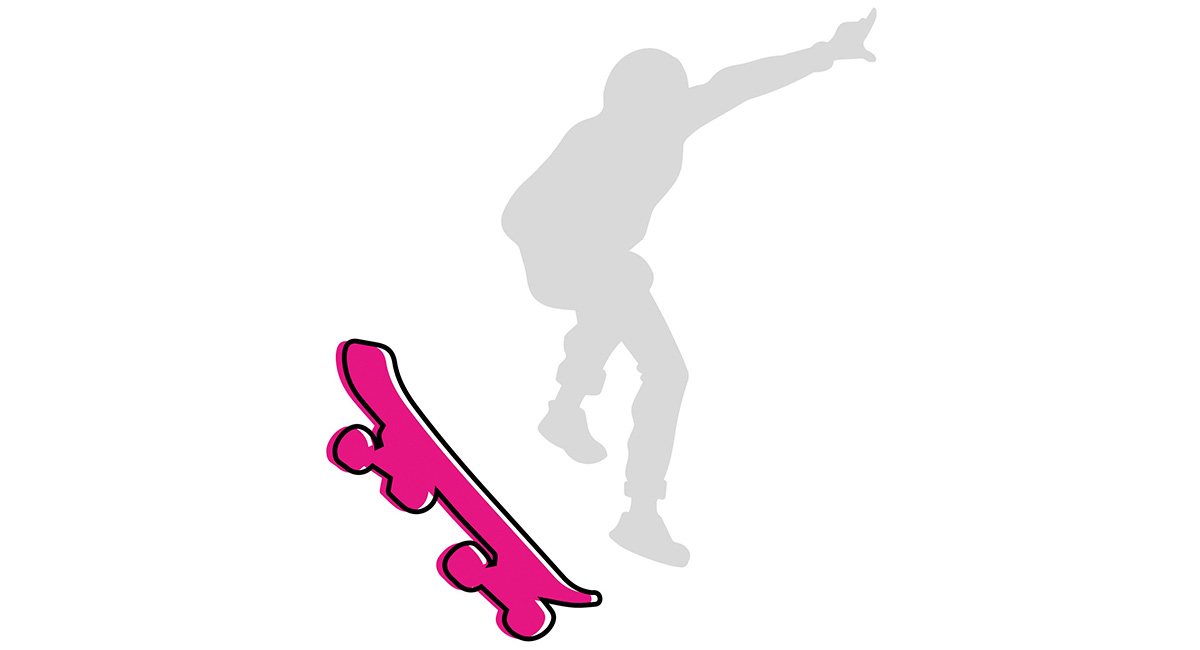A forza di dar fiato alla scienza, abbiamo raggiunto l’altissimo obiettivo dell’immortalità. La Dialettica dell’Illuminismo (Theodor Adorno) è arrivata al capolinea: la sintesi. Magagne e acciacchi non scuotono le nostre convinzioni ed è sempre colpa di qualche dottore se alla fine non ce la facciamo. Comunque “É sempre un altro a morire” (Marcel Duchamp in epitaffio). Naturalmente solo i ciechi possono ignorare gli incidenti di percorso: la cronaca quotidiana è un riflettore: le notizie positive sono ignorate dai media. Conseguenze: i tribunali sono oberati di lavoro e insieme il libero arbitrio, il rischio e la responsabilità sono scomparsi dalla vita sociale. La sicurezza regna sovrana fin dagli anni in cui ci portano in carrozzina (da quattro ruote sono passate a sedici ed è un miracolo che non ci mettano in testa un caschetto appena usciamo dal buco della mamma). In breve, è tramontata la coscienza della morte e quest’ultima si prende la rivincita avvelenando il pianeta.
Voglio essere più preciso e me ne dà occasione l’attuale psicosi esercitata dal “terrorismo sanitario” (Giorgio Agamben). Senza che ce rendessimo conto, facendo perno sulla naturale paura di crepare, si è preparato ad arte (è questa l’ipotesi di chi studia le statistiche, non solo sulla mortalità, ma anche sugli investimenti finanziari) un meccanismo di analisi della salute della gente, investendo in strumenti di indagine sofisticati che ci dicono se, quando e in quale quantità portiamo addosso uno dei virus più comunemente diffusi e dei più contagiosi sulla faccia della terra, quello dell’influenza: investire su tamponi, mascherine, vaccini e sull’immenso indotto che gira attorno alla salute pubblica (80 per cento delle spese delle regioni italiane va a quelle per la salute) ha arricchito alcuni e impoverito tutti gli altri. Fa poca differenza che anche i primi, pur dietro protezioni mediche tempestive ed esclusive, “purtroppo” qualche volta ci lascino le penne. Comunque gli scampati, e sono tanti, si strofinano le mani; le nostre invece rimangono legate ai debiti conseguenti. Stupefacente, significativa e preoccupante l’assuefazione della gente al nuovo diktat sanitario, emblematizzata da un’immagine quotidiana: giriamo tutti imbavagliati.
É complottismo questo? Ma via!, così va il mondo, così è sempre andato.
Esiste una via d’uscita? Questa sì è una domanda a cui è urgente rispondere. Dico una via che non prenda facili scorciatoie imperniate sul consenso buonista verso la vita. Chi non la ama?
Ma vivere significa, oltre che competere (e competere anche intellettualmente), soprattutto rischiare e se la cultura non è rischio, reale e non solo intellettuale, ha fallito. Come insegna la storia di chi ha contribuito alla bellezza della vita, di chi spesso ha pagato con la propria questo impegno, la paura non fa parte del mazzo. Ricordiamo: l’uomo è un animale estetico, prima che etico (Joseph Brodzkij); allunga una mano verso la fiamma perché è bella, anche se poi si scotta. La sostanza sta tutta nel poi.
Culture and values
By dint of giving breath to science, we have achieved the very high goal of immortality. Die Dialectic der Aufklärung (The Dialektic of Enlightenment, Adorno and Horkheimer), from Thesis to antithesis (Romanticisism) has arrived at its terminus: the synthesis. Flows, defects weaknesses and ailments do not shake our beliefs and it is always some doctor’s fault if in the end we do not make it. However, “It is always someone else who dies” (Duchamp in epitaph). Of course, only the blind can ignore road accidents: the daily news is a spotlight: positive news is ignored by the media. Consequences: Courts are overburdened with work and at the same time free will, risk and responsibility have disappeared from social life. Safety reigns supreme since the years we were carried around in prams (four wheels have increased to sixteen and it’s a miracle that we are not made to wear a helmet on our heads as soon as we get out of mommy’s hole). In short, the consciousness of death has faded and the latter takes its revenge by poisoning the planet.
I want to be more precise and the current psychosis exerted by “health terrorism” (Giorgio Agamben) gives me the opportunity. Without realizing it and exploiting the natural fear of dying, a mechanism for analyzing people’s health has been artfully prepared (this is the hypothesis of those who study statistics, not only on mortality, but also on financial investments), investing in sophisticated investigation tools that tell us if, when and in what quantity we carry one of the most commonly spread and most contagious viruses on the face of the earth, that of flu: investing in tests, masks, vaccines and the immense induced industry that revolves around public health (80 per cent of the expenditure of the Italian regions goes to those for health) has enriched some and impoverished all the others. It makes little difference that even the former, albeit behind timely and exclusive medical protection, “unfortunately” sometimes leave us their feathers. However, the survivors, and they are many, rub their hands; ours, on the other hand, remain tied to the resulting debts. Astonishing, significant and worrying is the addiction of people to the new health diktat, emblematized by an everyday image: we all go around gagged.
Is this conspiracy? Come on! This is the way the world goes, this is how it has always gone.
Is there a way out? Yes, this is a question that needs to be answered urgently. I say a way that does not take easy shortcuts centered on the feel-good consensus towards life. Who doesn’t love life?
But living means, in addition to competing (and competing intellectually as well), above all to take risks and if culture is not risk, real and not just intellectual, it has failed. As the story of those who have contributed to the beauty of life teaches, of those who have often paid for this commitment with their own, fear is not part of the deck. Let us remember: “man is an aesthetic animal, rather than an ethical one” (Joseph Brodzkji); he reaches out to the flame because it is beautiful, thereafter discovers that it burns. The substance is all in this thereafter.
(Translation into English by Rachana Raizada)







